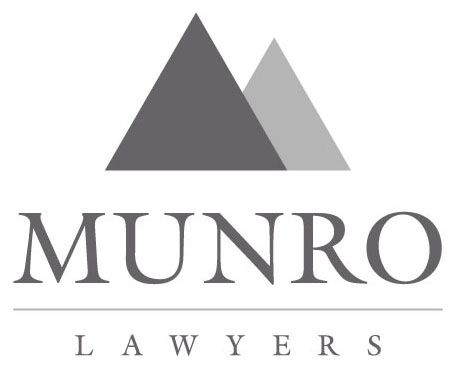Discretionary Trusts
Our firm provides advice in relation to business structuring and our services cover establishing the discretionary trust deed and advising on the operation of the discretionary trust.
A trust can own assets, collect income and distribute funds. We can establish a trust to hold assets for the benefit of nominated beneficiaries and to provide additional protection for the asset. We will work with you to decide how your assets are to be managed, to whom the income and capital are to be paid and when, and to whom you wish the assets to pass on final distribution.
A trust will come into existence through either a trust deed or specific instructions in a person’s will. The trust deed will set the rules for the operation of the trust. We provide discretionary trust documentation and support packages, including:
- Discretionary trust deed;
- Hybrid discretionary trust deed;
- Deed of amendment; and
- Deed of change of trustee
There are many reasons to create a trust, for example if you wish to transfer ownership of assets. Trusts can also be used to reduce exposure of an asset or individual to tax liability.
A discretionary trust can be created to hold assets for the benefit of a class of beneficiaries. Family assets are often held in trust, under a trust deed nominating family members as beneficiaries. This allows the family to direct the use of, and benefit from, the assets without actually owning them, and may provide protection of assets in the event of bankruptcy, family breakdown, or challenges to a will.
When writing your will, you can create a testamentary trust, which, for example, can hold certain assets until the nominated beneficiary reaches the age specified in the will. At that time, ownership passes to the beneficiary and the trust ceases to exist. A testamentary trust may also have the same characteristics as a discretionary trust so that it can provide the same degree of flexibility and protection of assets.
Beneficiaries of a trust may still benefit from the assets even before they take ownership. This is because the trust deed may specify that certain payments or loans are allowed to the beneficiary, or that income from the assets be paid directly to the beneficiary.
Instruction Sheets
Unit Trusts
Our firm provides advice in relation to business structuring and our services cover establishing the unit trust deed and advising on the operation of the unit trust.
We can structure joint venture arrangements through the use of a unit trust. This provides advantages from a tax planning point of view, as it allows taxable profits (prior to tax charges) to be distributed to the respective joint venturers and for the joint venturers to undertake their own tax planning at that level. This allows for more flexibility in tax planning. Our firm also provides advice as to the types of classes of units, allowing for more flexibility in tax planning.
We advise on the stamp duty consequences of a unit trust holding property in New South Wales worth more than $2 million in respect of the so-called landholder provisions under the Duties Act.
We advise on the possibilities of using the unit trust structure in superannuation with tax advantages.
We consider the capital gains tax consequences for the unit trust in various transactions which may give rise to a taxable capital gain. We advise businesses who use the unit trust structure for major investment transactions.
Our firm provides unit trust documentation, including:
- Fixed unit trusts (for NSW land tax purposes);
- Non-fixed unit trusts for various classes of units;
- Unit trust support packages for issue and redemption of units;
- Unit trust support packages for allotments of units;
- Unit trust deed of amendments; and
- Unit Trust deed of change of trustee.
Our firm can also:
- Conduct a review of existing or draft trust deeds; and
- Amend existing trust deeds
